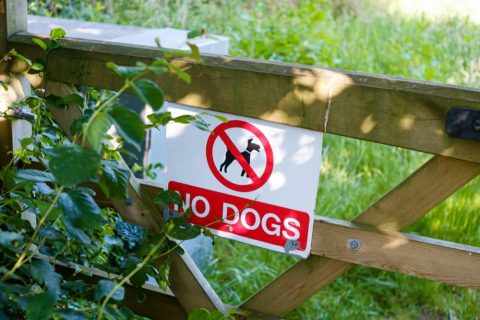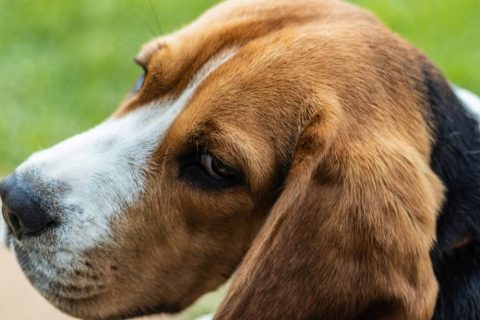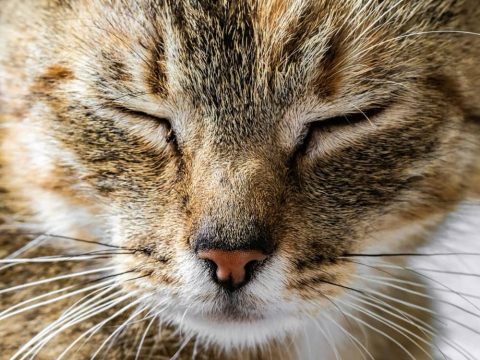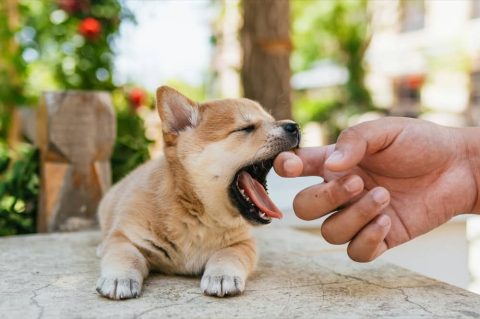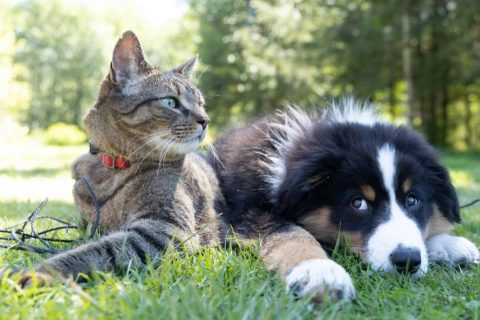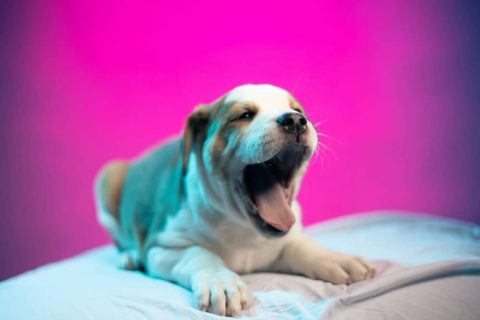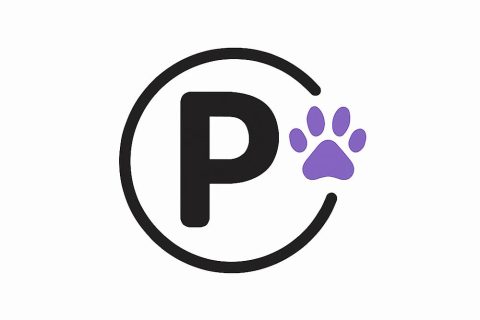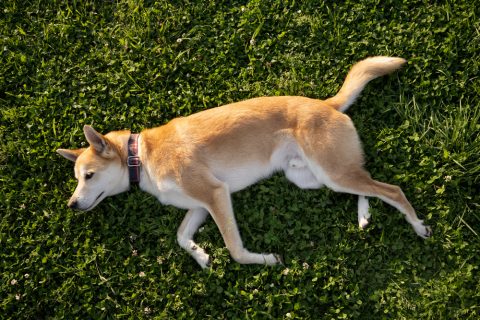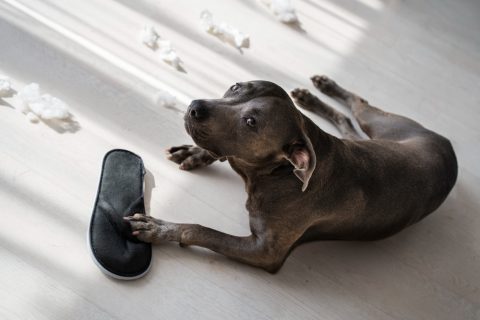Have you noticed your dog licking his lips more often than usual? While it may seem like an innocent quirk, this behavior can actually reveal a lot about what your dog is feeling—both physically and emotionally. Whether it’s a subtle cue of stress or just anticipation for dinner, understanding lip licking in dogs helps you respond with greater care and confidence.
In this article, we’ll break down the most common reasons why dogs lick their lips, what each one could mean, and when it’s time to seek veterinary advice.
Contents
Dog Licking Lips: What Does It Mean?
Lip licking is a behavior that serves several functions in dogs. Unlike humans, who might lick their lips due to dryness or habit, dogs often use this motion as a communication tool or as a response to discomfort. Below are some of the most frequent reasons dogs exhibit this behavior.
Stress and Anxiety
One of the leading causes of lip licking in dogs is emotional stress. If your dog is in a situation that makes him feel threatened, nervous, or uncomfortable, he may begin to lick his lips repetitively. This is a calming signal—a way dogs try to soothe themselves and communicate non-aggression.
Situations that may trigger this response include loud noises, unfamiliar people or animals, or a stressful environment such as the vet’s office. Pay attention to other body language signs like lowered ears, tucked tail, or avoiding eye contact. If the stressor is removed and the lip licking stops, it’s likely an anxiety-based behavior.
Appeasement or Submissive Behavior
Dogs also use lip licking as a social cue to show submission or appeasement. If your dog feels intimidated or senses a potential threat—whether from a human or another dog—he may lick his lips to indicate he doesn’t want any trouble.
This form of body language is often seen during encounters with more dominant dogs or when a dog is being scolded. It’s their way of saying, “I come in peace.” If you notice this behavior, try to reduce the pressure in the situation and offer reassurance.
Confusion During Training
Lip licking can sometimes occur when a dog feels confused or overwhelmed, particularly during a training session. If you’re introducing a new command or behavior and your dog is struggling to understand, he might begin licking his lips frequently.
This is a sign it might be time to take a break. Switch to something your dog knows well to rebuild his confidence. Keep training sessions short and positive, and end on a success to avoid mental fatigue.
Feeling Nauseous
Another reason a dog may lick his lips frequently is due to nausea. Just like people, dogs can feel queasy—and lip licking is one way they might express that discomfort.
This is especially common in dogs who suffer from car sickness. You may see your dog licking his lips right before vomiting during a car ride. If nausea seems to be a recurring issue, it’s best to consult with your vet. They may suggest dietary changes, anti-nausea medication, or further testing to get to the root of the problem.
Dental Discomfort or Mouth Pain
Lip licking can also be a symptom of pain in the mouth. Dental disease, broken teeth, oral tumors, or even a lodged foreign object can cause significant discomfort, prompting a dog to lick his lips frequently.
This behavior may be accompanied by excessive drooling, pawing at the mouth, difficulty eating, or bad breath. Dental issues in dogs often go unnoticed until they’re quite advanced, so if your dog shows these symptoms, a vet check-up is crucial. Professional cleaning or oral surgery may be required to resolve the issue.
Anticipation of Food
Not every instance of lip licking is cause for concern. Sometimes, it’s simply a natural reaction to food. If you’re preparing your dog’s meal, holding a treat, or cooking something delicious nearby, it’s completely normal for your dog to lick his lips in anticipation.
This is a learned behavior over time—your dog associates certain smells or visual cues with food and begins salivating. As long as it’s contextually appropriate, food-related lip licking is perfectly harmless.
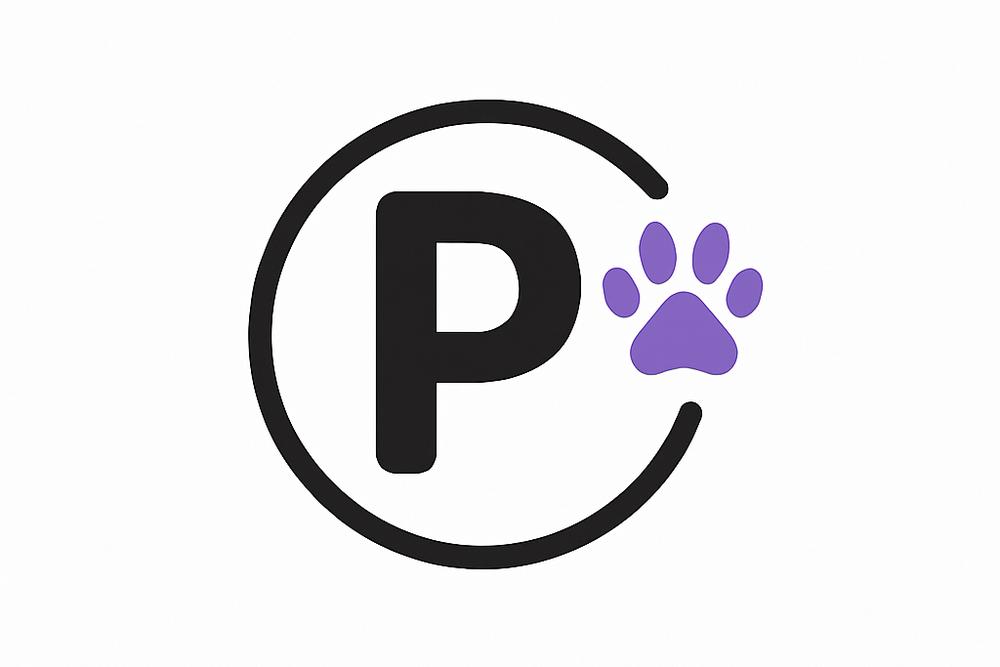
How to Interpret Lip Licking in Context
Understanding dog licking lips behavior requires looking at the full picture. Is your dog relaxed or tense? Is there food nearby, or is he reacting to a stressful situation? Observing the context can help you differentiate between normal and problematic behaviors.
When Should You Be Concerned?
- If your dog is licking his lips constantly with no obvious trigger
- If the behavior is paired with other symptoms like vomiting, drooling, or pawing at the mouth
- If lip licking occurs along with behavior changes like hiding or aggression
- If you suspect dental pain or your dog shows signs of eating discomfort
In these cases, it’s best to consult a veterinarian. They can assess whether the lip licking is a benign habit or a signal of something more serious.
Helping Your Dog Feel Better
If your dog’s lip licking is caused by anxiety, work on identifying the triggers and creating a calmer environment. Puzzle toys, calming music, or even pheromone diffusers can help. For training-related stress, reduce the session length and keep things fun and rewarding.
When dealing with possible health issues, such as nausea or dental pain, prompt veterinary care is essential. Never try to treat unexplained lip licking with over-the-counter medications without your vet’s guidance.
Final Thoughts
Lip licking in dogs can mean many different things—from nervousness to nausea, submission to supper anticipation. The key to responding appropriately lies in observing the context and any accompanying signs. By tuning into your dog’s body language, you’ll be better equipped to understand his needs and ensure his health and happiness.
And remember—if in doubt, always ask your vet. A little caution goes a long way when it comes to your pet’s well-being.
